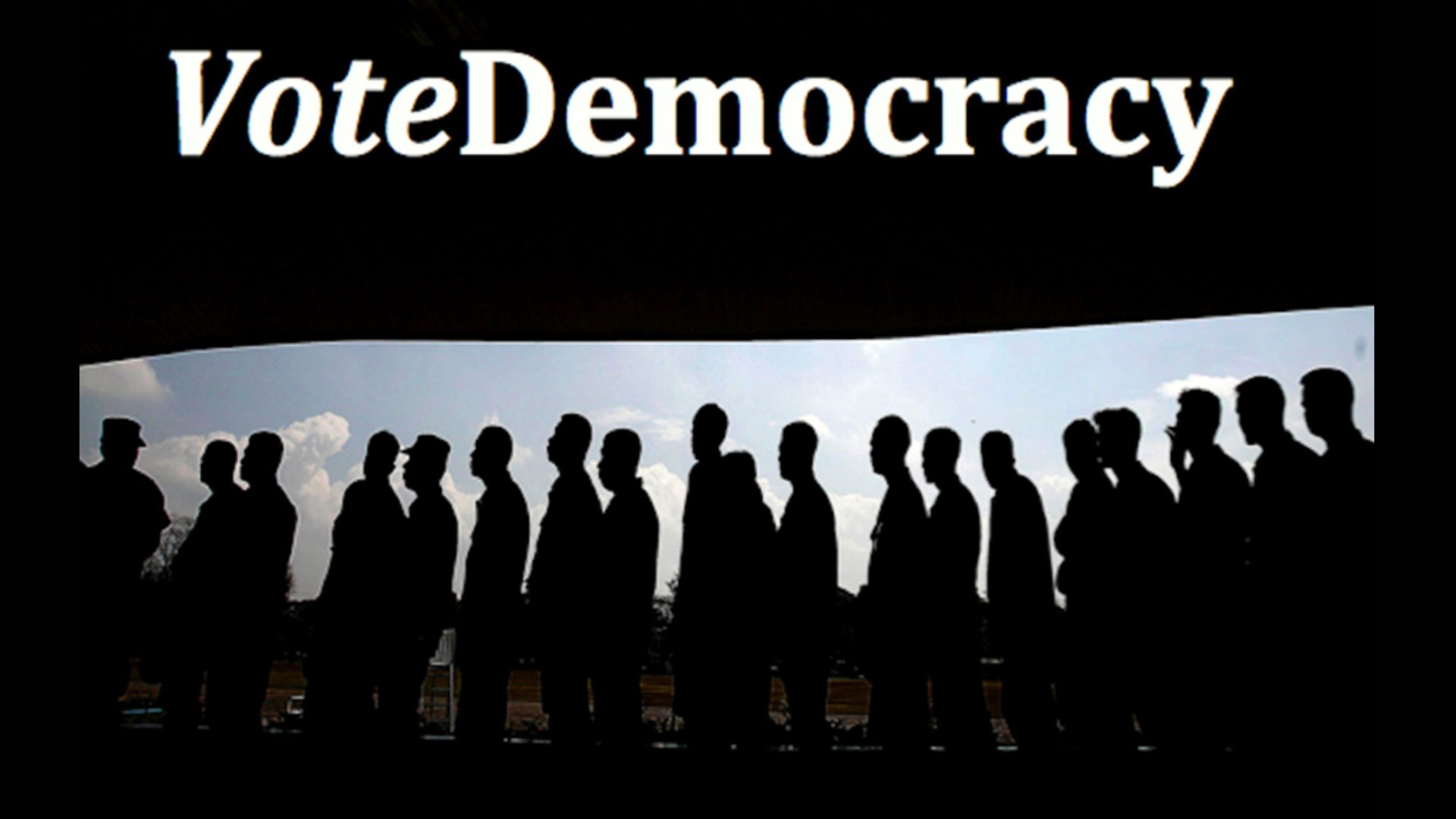VPP is a world leader for international multidisciplinary research in the methodology and practice of voting, power, and democracy.

Democracy is about choice, and achieving a representative democratic system of government relies on making accurate social choices through voting—a task that may seem straightforward but is fraught with obstacles both inherent and deliberately constructed. In collaboration with the Department of Philosophy, Logic and Scientific Method, VPP is launching VoteDemocracy, a new global education initiative that features a comprehensive course on the central role of voting in democracy. Upon securing appropriate funding/sponsorship, VoteDemocracy will offer the course free online on Open Access.
New Programme

VoteDemocracy is the first comprehensive course on voting theory and democracy for advanced undergraduates with outreach to a wide non-specialist audience.